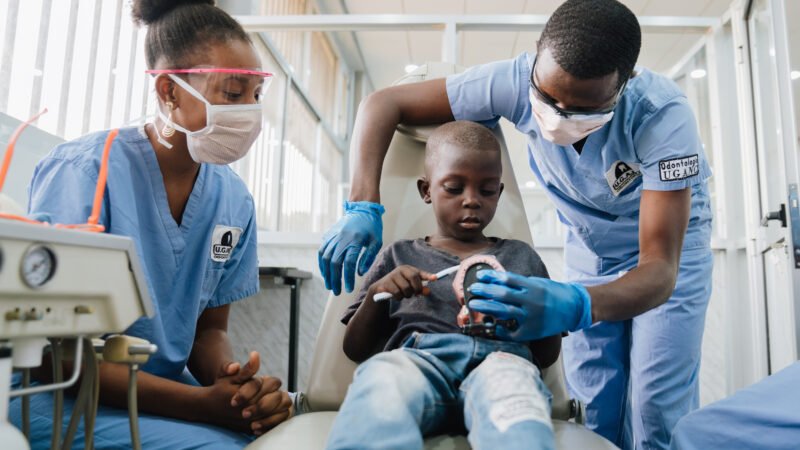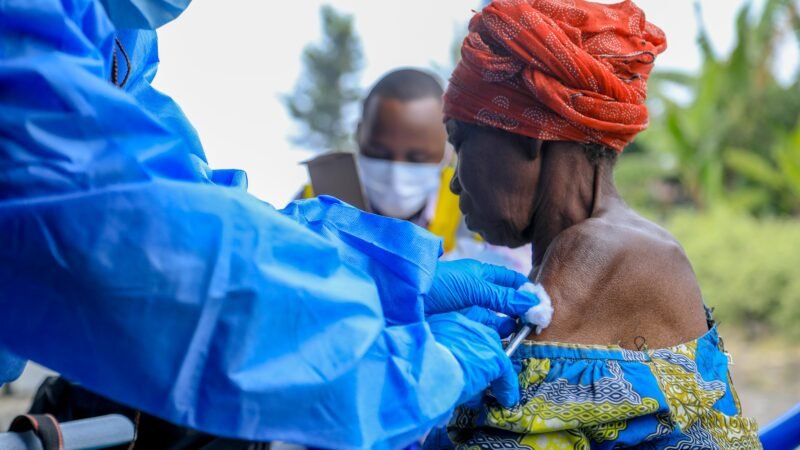Health News: Important Facts about the Zika Virus

WHO, the Worldwide Health Organization, has declared a health emergency following a breakout of confirmed Zika cases in Central America. Since then the virus has been slowly spreading with isolated cases emerging throughout the continental US and major outbreaks reported in nine countries within Central America.
While concern over the Zika Virus may be new, its presence in the world is not. The virus was first found in Uganda in 1947 in rhesus monkeys. It was not found in humans until 1952 in the same country, but over time outbreaks were recorded in Asia, Africa, the Pacific, and finally the Americas.
It is not known what the incubation period of the Zika virus is yet, but it is estimated to be a few days. The virus is not contagious once a person becomes infected. It is spread by Aedes mosquitoes that are known to bite during the late afternoon, early evening hours and early in the morning. These mosquitoes are able to lay eggs and breed in very small amounts of water allowing their population to spread very easily.
The virus is spread by mosquitoes and not human contact. A mosquito will bite someone who has been infected and then bit another person therefore spreading the virus on. Therefore, it is advised that those infected stay indoors and prevent mosquito bites and for all others to prevent mosquito bites.
In general the Zika virus does not cause severe problems. It very rarely causes hospitalization and in most cases can be treated from home. In addition, only about one in five people who are infected with Zika virus will actually become ill. Therefore, most people should not be concerned about the Zika virus. However, it has been linked to serious birth defects if it is contracted while pregnant. These include microcephaly and Guillian-Barre syndrome. Therefore, pregnant women are advised to avoid travel to any afflicted areas and to practice safe mosquito bite prevention at all times.
As mentioned the symptoms of the Zika virus are mild and may include red eyes, joint pain, rash, and fever. Some people may also develop a headache or muscle pain. Anyone that believes they have may have been infected should visit their healthcare provider. Make sure to mention to the healthcare provider the areas that you have traveled too. The healthcare provider may order a blood test to look for the Zika virus RNA in your blood to confirm infection.
At this time there is no vaccination to prevent infection of the Zika virus and no specific medication to treat the virus. Therefore, those infected ae advised to rest and drink plenty of fluids. Over the counter medications such as Tylenol can be taken to help reduce pain and fever.



